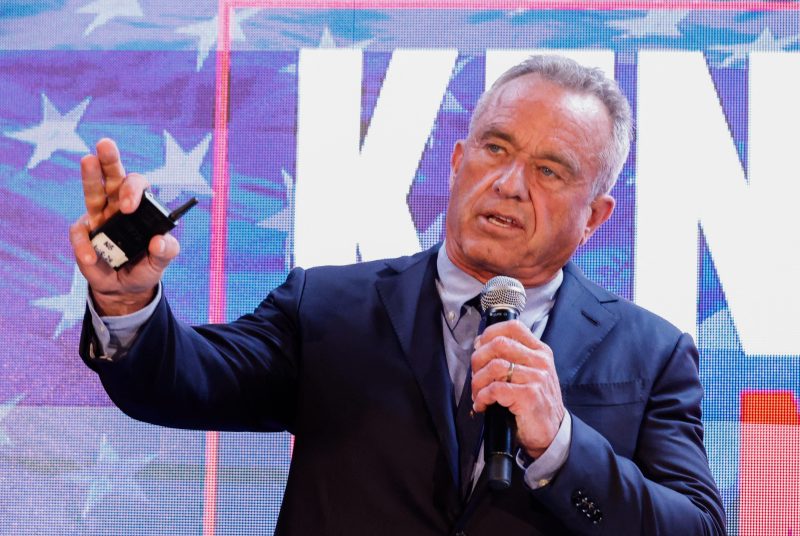In an age where misinformation and propaganda can spread like wildfire, it is crucial for individuals to critically evaluate the information they encounter. Recently, Robert F. Kennedy Jr.’s remarks regarding Russia’s invasion of Ukraine have come under scrutiny for their inaccuracies. While it is essential to engage in dialogue and discuss differing viewpoints, it is equally important to ensure that facts are accurately represented.
Kennedy’s statements, when analyzed against the backdrop of historical facts and current events, reveal a concerning lack of accuracy. His comparison of Russia’s invasion of Ukraine to NATO’s intervention in Kosovo oversimplifies complex geopolitical dynamics. The situation in Kosovo involved a humanitarian crisis and was supported by multiple international actors, in contrast to Russia’s unilateral aggression towards Ukraine.
Moreover, Kennedy’s assertion that Russia’s actions in Ukraine were a response to NATO expansion overlooks the intricate series of events that led to the conflict. Russia’s annexation of Crimea and ongoing military presence in eastern Ukraine are clear violations of Ukraine’s territorial integrity and international law. These actions cannot be justified as mere reactions to NATO’s enlargement.
Furthermore, Kennedy’s characterization of Ukraine as a troublesome region with historical ties to Russia ignores Ukraine’s significance as an independent sovereign state. Ukraine has a rich history and cultural heritage that deserves to be respected and acknowledged. By diminishing Ukraine’s autonomy and agency, Kennedy perpetuates a distorted narrative that undermines the country’s right to self-determination.
It is essential for individuals in positions of influence to approach global issues with diligence and empathy. Inaccurate statements can have far-reaching consequences, shaping public opinion and potentially influencing policy decisions. By upholding factual accuracy and engaging in constructive dialogue, we can contribute to a more informed and responsible public discourse.
In conclusion, while engaging in discussions about complex geopolitical issues is essential, it is paramount to ensure that facts are accurately presented and scrutinized. Robert F. Kennedy Jr.’s recent remarks on Russia’s invasion of Ukraine highlight the importance of critical thinking and fact-checking in today’s information landscape. By striving for accuracy and nuance in our understanding of global events, we can work towards a more informed and empathetic society.

